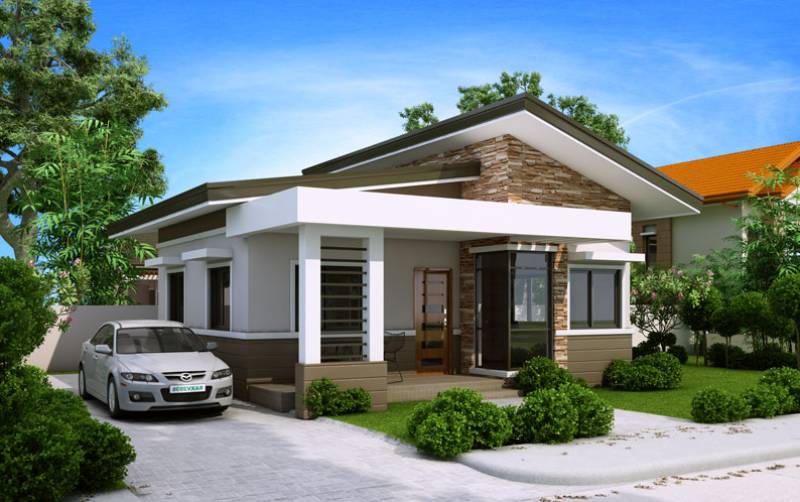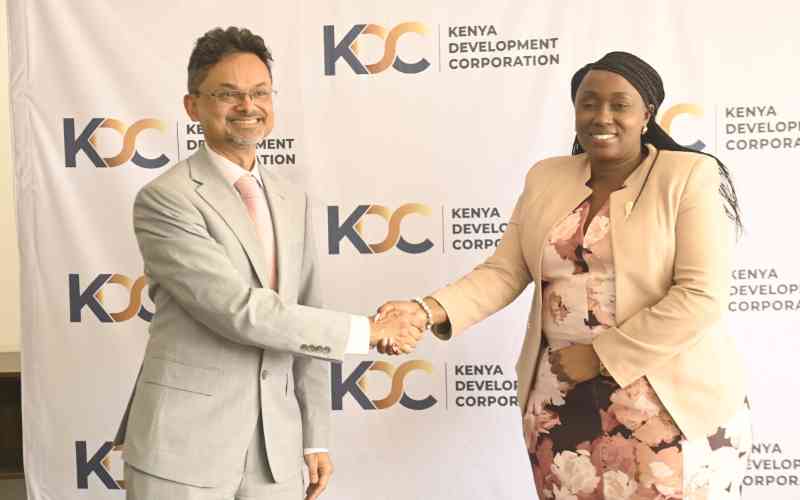×
The Standard e-Paper
Stay Informed, Even Offline

At some point in our lives, we all want to be home owners, whether for our own security and stability or as a tried, tested tangible investment asset. Whatever your motivation, the decision to own a residential property can be daunting with any one of the two clear ways of acquiring the asset – to build one yourself or to buy a ready development. Before coming to a final decision, it is important to understand both options and to settle with one that best suits your means, needs at the time of investing.







